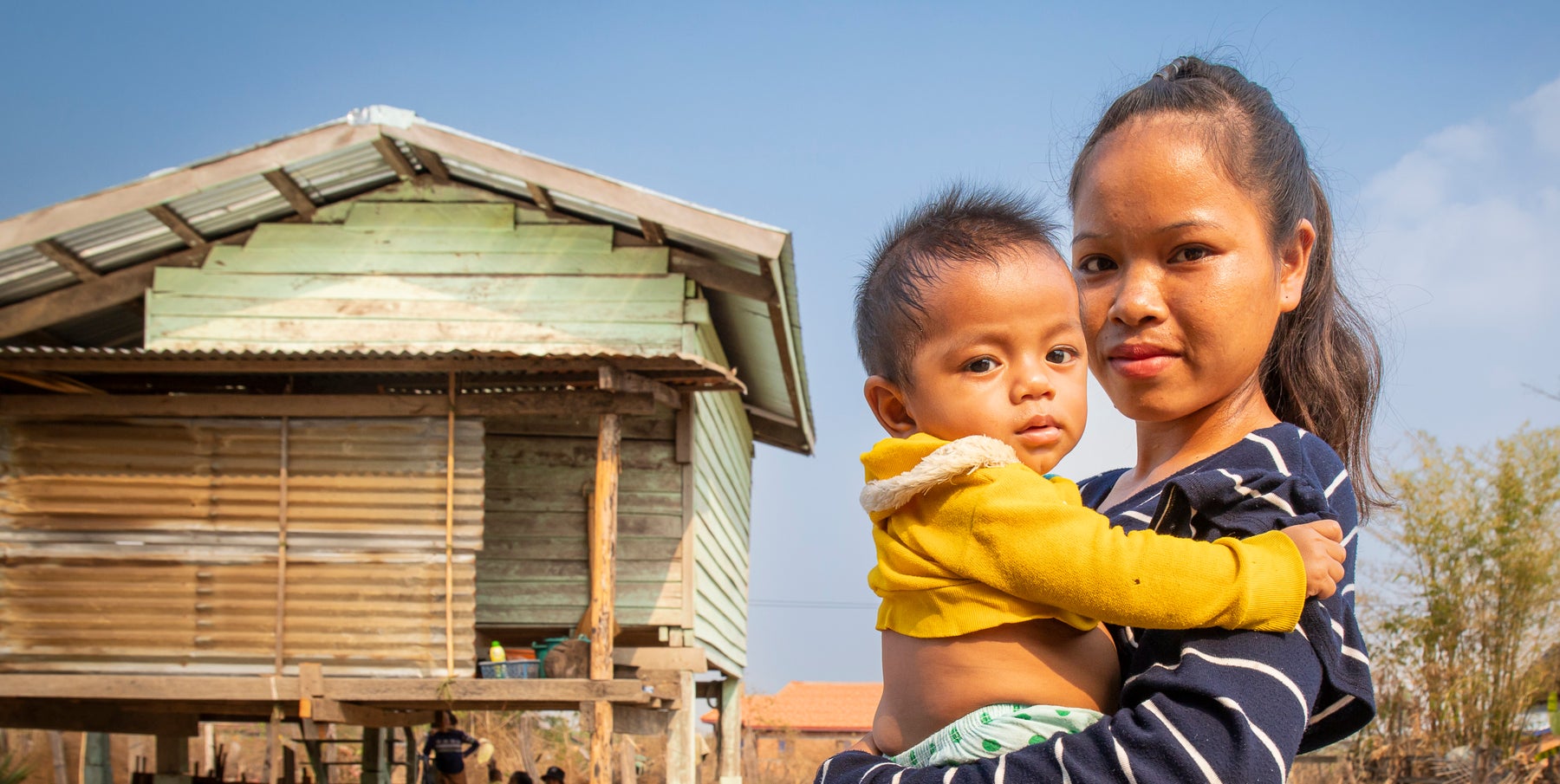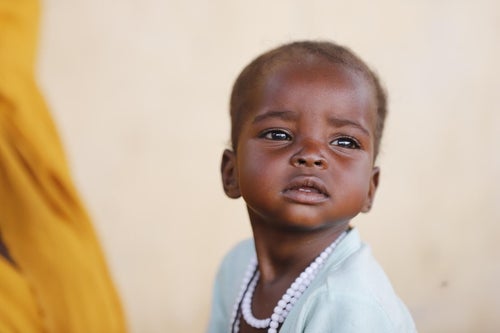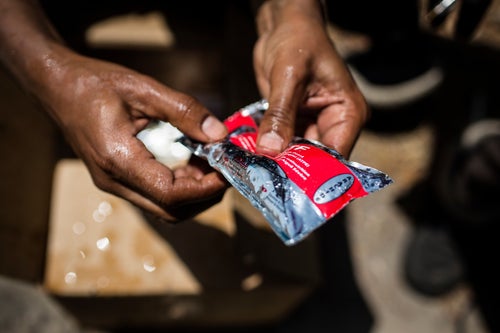“Being pregnant and giving birth is a heavy chore,” says 35-year-old Khao, a pregnant mother of six, as she sits outside of a local health centre in rural Laos. Khao belongs to the small ethnic group of Bru people, who have their own language and customs. Khao walked long distances with her husband into the jungle whilst having contractions, to give birth to her first child.
This is a common story for women in Khao’s area. The tradition spans generations and is enforced by the community to ensure no bad luck is brought to a family. Khao stayed a week in the jungle, nursing her baby and waiting for her husband to bring food each day.
Khao had three children this way, until the local health centre was built – transforming women’s lives by supporting safe births in the community. Like most women in her village, Khao supports her family through farming. Their only source of food is from her small field and access to cash is limited. Her wages are often not enough to support her children. And giving birth means time away from work.
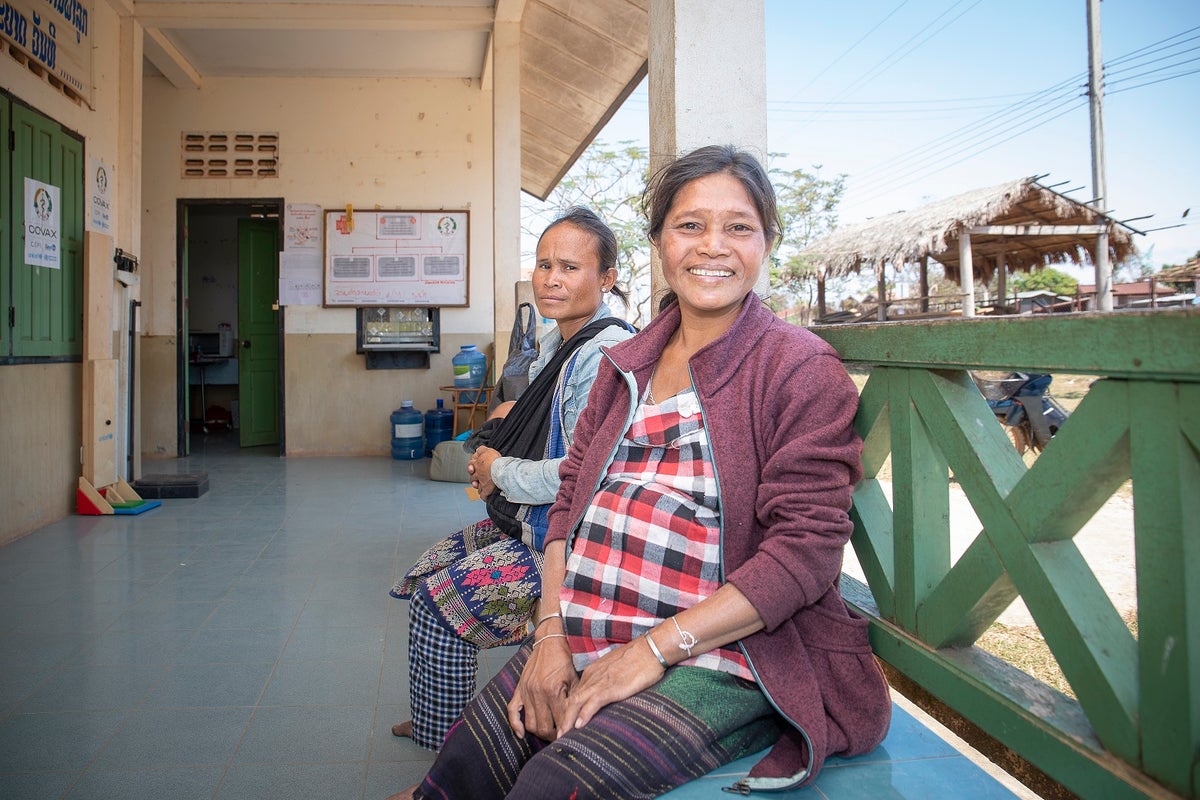
But Khao is determined to give her children a better life. Today, she is part of a UNICEF-supported cash transfer program led by the Government of Lao PDR and supported by UNICEF Lao PDR in partnership with the Australian Government. Monthly cash transfers of approximately $18 AUD are enough to support mums and bubs during pregnancy and the first few years of life.
For Khao, this cash support guarantees enough money to buy nutritious food for her children. “It is big money for me,” says Khao. “I will buy food for all my children. I get vegetables from my own garden, but meat I must buy. I will buy beef.”
When women like Khao are provided with the resources to recover from birth without fear of survival, they can heal physically and provide proper care to their babies. The first 1,000 days of a child’s life are essential for development, with a baby’s brain building up to a million connections every second of their first few years of life. Through proper stimulation, bonding and nutrition, a parent can set the stage for a child’s ability to reach their full potential.
Nurse Phoukham, who works at the local health centre, says the program is changing lives in the community. “People tend to have problems after the birth because they cannot go to the farm right away, but now they get cash to support them during the pregnancy and after the birth.”
“Cash transfers give (mothers) the opportunity to make decisions themselves. Normally many families could often not even afford to buy rice... but this program gives them cash to buy things they need.”
Thanks to your generous support, innovative programs like this can be delivered in real time and adapted to the specific needs of a family. Importantly, it allows children and families to receive equitable support exactly where the need is greatest, affecting generations to come.
"Normally many families could often not event afford to buy rice...but this program gives them cash to buy things they need."
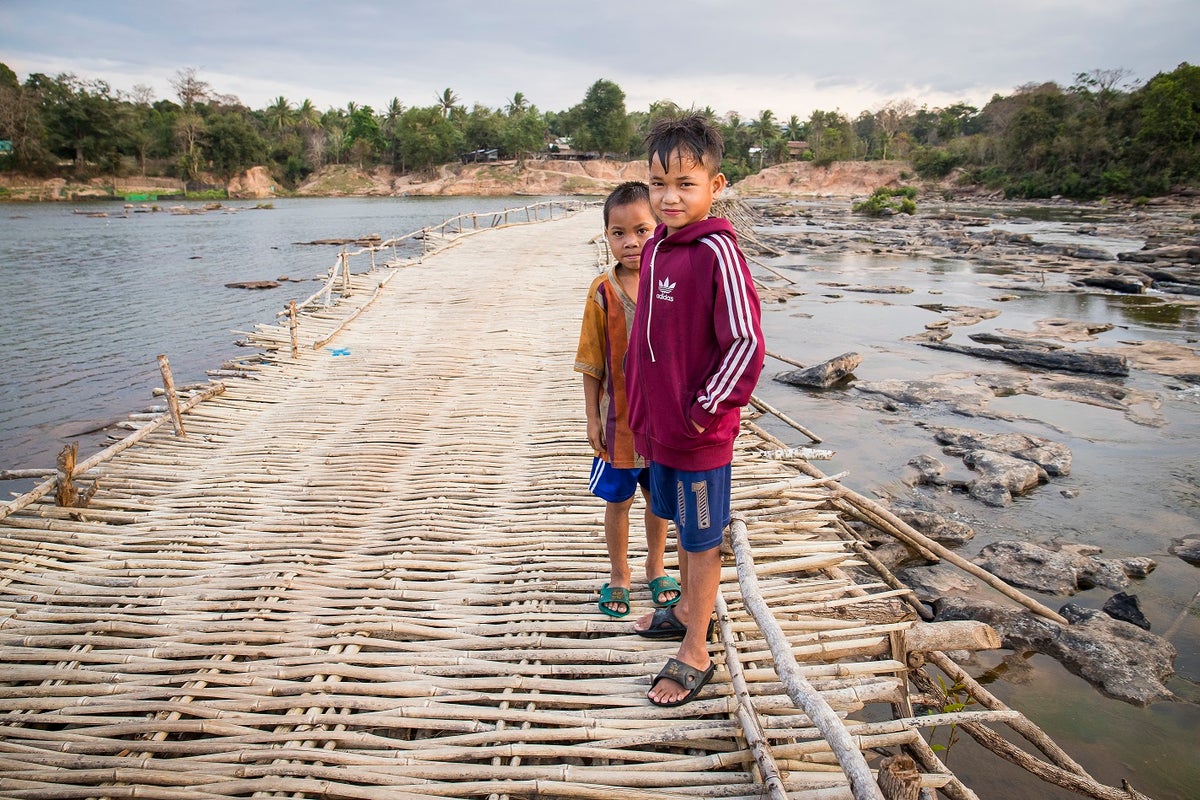
What is social protection?
Social protection programs are designed to reduce the lifelong consequences of poverty and exclusion on children. Cash transfer programs help support families with what they need, when they need it, from health care to nutritious food and quality education. Flexible funding provides choices to parents and carers, to give all children a fair chance in life.
UNICEF has provided more than 2,000 new mothers with nine monthly cash payments to improve maternal and neonatal health in Laos.
Related articles
Stay up-to-date on UNICEF's work in Australia and around the world



